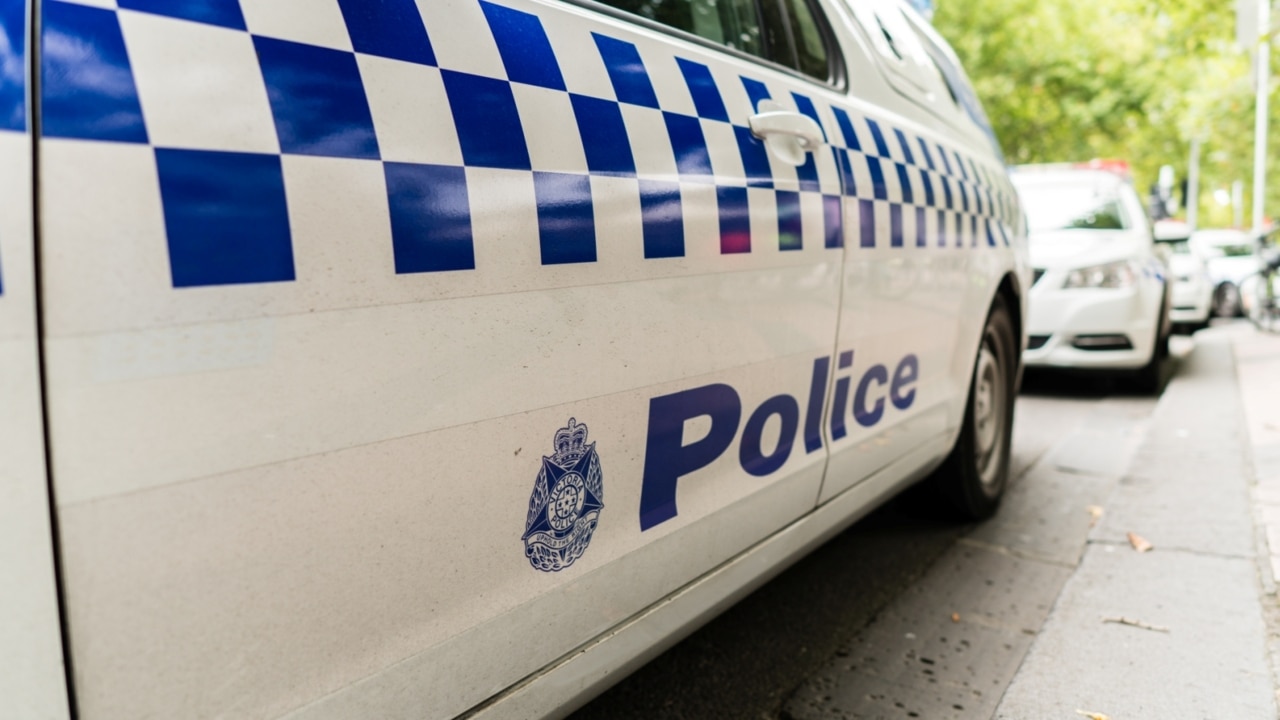Social norms in the mid-20th century meant children’s rights were left as an afterthought, an inquiry into child sexual abuse in schools has been told.
An independent board of inquiry is investigating historical child sexual abuse at 23 public primary schools following allegations surrounding Beaumaris Primary in Melbourne’s southeast in the 1960s and 1970s.
The inquiry on Tuesday delved into the attitudes and norms of the time and how that intersected with issues, including child sexual abuse.
The 1950s was a time of nation building and economic expansion and the popularity of Christianity meant social norms idealised the nuclear family, Katie Wright, an associate professor of sociology at LaTrobe University, told the inquiry.
“There was a an emerging sense of the importance of children’s rights, but it didn’t come on to the social and public agenda at that time,” she said.
It wasn’t until the 1970s with the rise of the feminist movement that the focus on the physical abuse of children began gaining prominence.
“The social and cultural norms are around adults as authority figures (in the 1960s and 70s) and certainly not a wide acceptance or understanding of children’s need for protection,” Dr Wright said.
She told of the impact language had on the gravity of child sexual abuse with the use of vague and euphemistic terms indicating a discomfort around the issue.
Before the 1970s when language around child sexual abuse began to emerge, there was widespread understanding it was wrong and illegal but it was difficult to articulate or make sense of experiences without a language.
“When there’s not a language and discussion about something, it’s very confusing,” Dr Wright said.
While there was a growing acceptance of girls being victims of sexual abuse, the stigmatisation around homosexuality meant there was a discomfort around addressing boys as victims.
The hierarchical structure of schools and the trust and respect for institutions at the time affected the ability for children to speak out and adults to question what was happening within schools.
“There was a certain reticence for people to challenge institutions in a way that is more common now,” Dr Wright said.
The independent board will establish an official record of the victims and examine abuse by staff members from the 1960s to the end of 1999 and the response from the education department.
The first round of public hearings will conclude on Thursday after hearing about the experiences of victims and experts.
1800 RESPECT (1800 737 732)
National Sexual Abuse and Redress Support Service 1800 211 028







